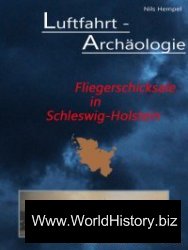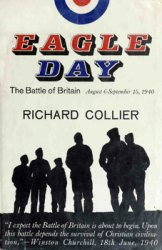Though Pope Urban had asked his bishops to preach the crusade to the Holy Land, the most effective preaching was done by humble evangelicals who inflamed the poor of France and Germany with their version of the Pope’s message. Outstanding among these was Peter the Hermit, who had tried to make the pilgrimage some years earlier but had been maltreated by the Turks and forced to turn back. He went about barefoot and his clothes were filthy, but he had the power to move men, and as Guibert de Nogent, who knew him personally, said, ‘Whatever he said or did, it seemed like something half-divine.’
While Ad he mar and the princely armies of knights were still preparing for their expedition, Peter’s preachings had roused fifteen thousand French men and women who left their homes to follow him into Germany where the numbers continued to swell. Already in northern France this rabble element of the crusade had begun attacking Jewish communities, giving them the choice between conversion and death-for according to the apocalyptic prophecy of the Last Days there could be no Second Coming until all those who had denied Christ repented and were saved or were destroyed.
The worst violence came when Peter’s crusade appeared along the Rhine, one of Europe’s major trade routes, where Jews had lived for centuries in large numbers, their economic usefulness recognised by the encouragement and protection they had always received from the bishops in the cathedral towns. During May and June 1096 Jewish quarters were attacked, synagogues were sacked, houses were looted and entire communities were massacred. The bishops and the burghers did what they could to protect the Jews but were often overwhelmed. At Worms, for example, the bishop sheltered Jews in his castle, but he could not resist the combined force of the Crusaders and his own poorer townsfolk who demanded their death or conversion; and when the bishop offered to baptise the Jews to save their lives, the entire Jewish community chose suicide instead. During that May and June as many as eight thousand Jews were massacred or took their own lives as the crusading rabble marched through Germany.
Far removed from the spirit and the intentions of Clermont, tributaries of this popular crusade passed across Europe, through France, Germany and Hungary, but only the chaotic stream led by Peter the Hermit and known in history as the People’s Crusade got as far as Asia Minor where in October 1096 it was annihilated by the Seljuks, though Peter, who had hung behind in Constantinople, lived to preach another day.
The official crusading army, led by Adhemar and the great secular lords, had no part in these massacres. Assembling their forces in the West, in France especially.
They made their preparations and when the harvest was brought in they set out to liberate Jerusalem.
From Pilgrimage to Crusade: The Crux of the Matter
The term ‘crusade’ is a late one; it came into use only in the thirteenth century after the Holy Land was lost and the Crusades were over. The people we now call Crusaders were known by various names, such as knights of Christ, and they saw themselves as taking a pilgrimage, except that pilgrims were normally forbidden to carry arms. The word ‘pilgrim’ originally meant a stranger or a traveller, and for Christians life itself was seen as a pilgrimage in an estranged world far from their homeland in heaven.
Before setting out on this expedition to recover the Holy Land, members had a piece of red cloth in the form of a cross (crux in Latin) sewn into their clothes in imitation of Jesus, who had said, ‘And he that taketh not his cross and followeth after me, is not worthy of me’ (Matthew 10:38). This ‘taking of the cross’ eventually gave the name Crusade to these journeys-cro;sac/e in French, crociata in Italian, Kreuzzug in German, and cruzada in Spanish and
Portuguese. Though crusades were fought in Spain, North Africa and elsewhere, the supreme crusade was to liberate or defend Jerusalem, as that was regarded as Jesus’ own territory.




 World History
World History









